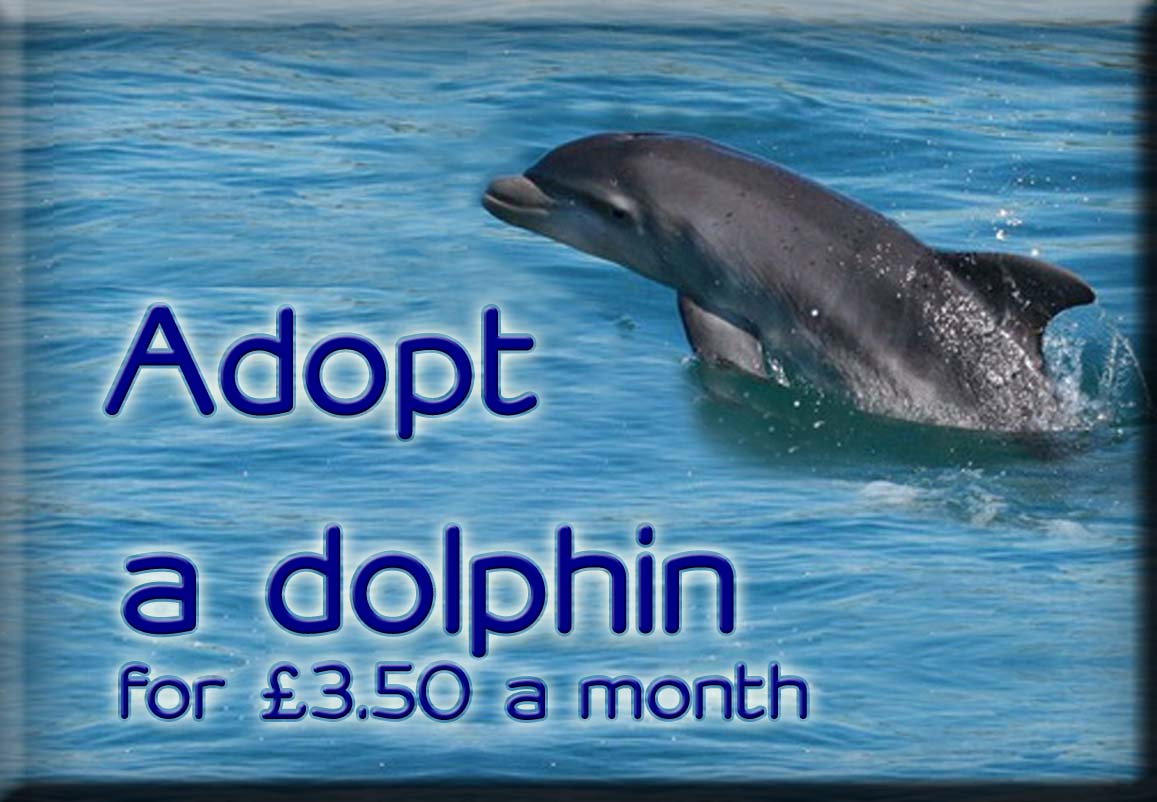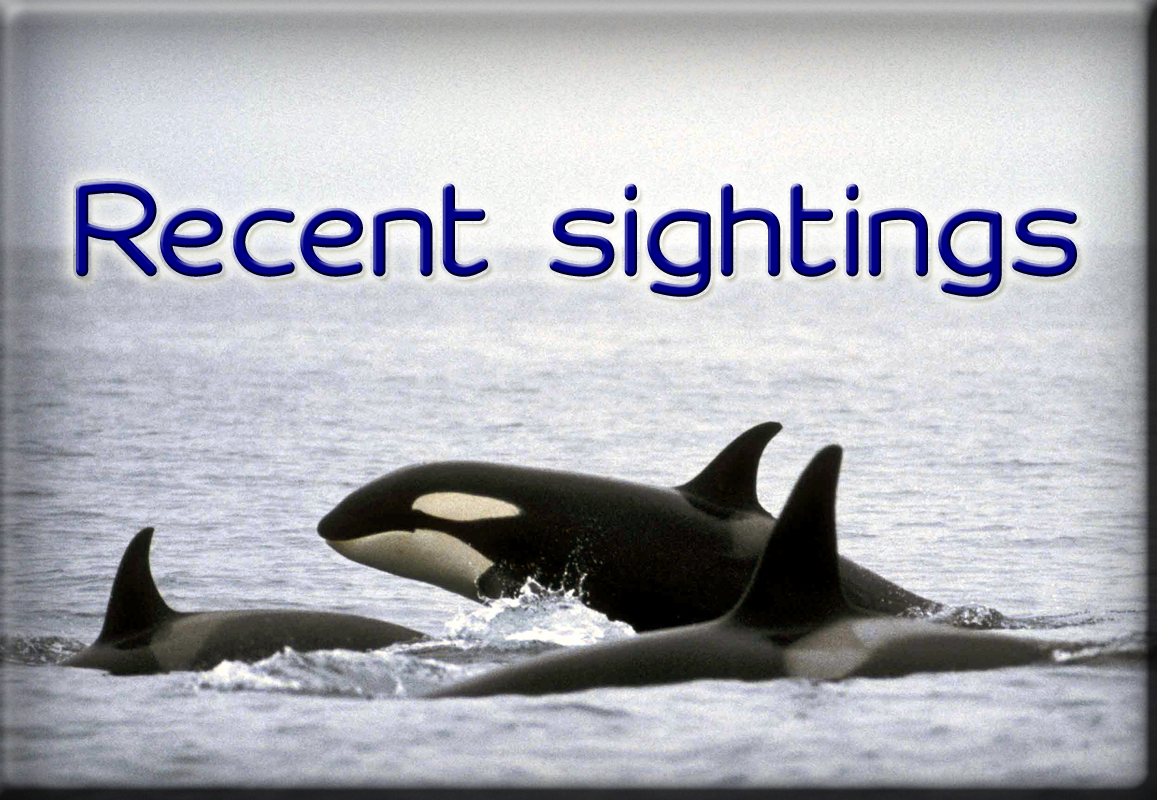Welcome to Day 6 of the National Whale and Dolphin Watch! There has been a fantastic number of sightings today.
An overview of the NWDW so far by Dr Chiara Giulia Bertulli (Sightings Officer)
• At the time of writing, more than 324 sightings: 6 of non-cetacean species (sunfish, basking sharks) and of 318 cetaceans; the cetacean sightings are totalling to 2,288 individual animals reported from Shetland down to South Devon and from the west coast of Wales to the Outer Hebrides
• Scotland has recorded the highest number of sightings (n=159), closely followed by England (n=106), then Wales (n=41). Around the Channel Islands, observers reported 5 sightings, and there were also seven reports from around the Isle of Man. No sightings were recorded in Northern Ireland
• Nine different species of cetacean (harbour porpoise, common dolphin, bottlenose dolphin, white-beaked dolphin, Risso’s dolphin, Atlantic white-sided dolphin, orca, minke whale, humpback whale) have been recorded from land locations and by recommended boat operators until now
My Watch
Today I headed to Wembury Point, located within the South Devon Area of Outstanding Natural Beauty. It was beautiful weather with sea state 1-2 and light winds. There were large groups of seabirds feeding, including northern gannets diving from impressive heights, which is a great sign. But no luck with cetacean sightings.
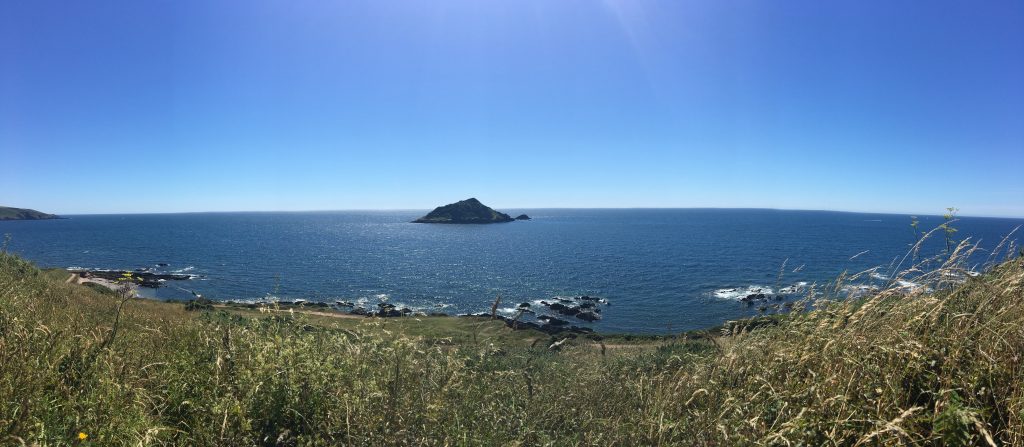
Your Watches
There have been 61 watches today; 19 in Scotland, 31 in England, 9 in Wales, 1 in the Channel Islands and 1 in Northern Ireland. There have been reports of dolphins from all over the UK and a sighting of a basking shark off Stornoway, Outer Hebrides. There have also been reports of orca, minke whale, Atlantic white-sided dolphin and harbour porpoise from Karen Hall in the Shetlands – a very successful watch!
Chris and Sharron Blackmore enjoyed a sunny afternoon watching from Capstone Point, North Devon. They spotted a group of three harbour porpoises, including the first calf they’ve seen this year.
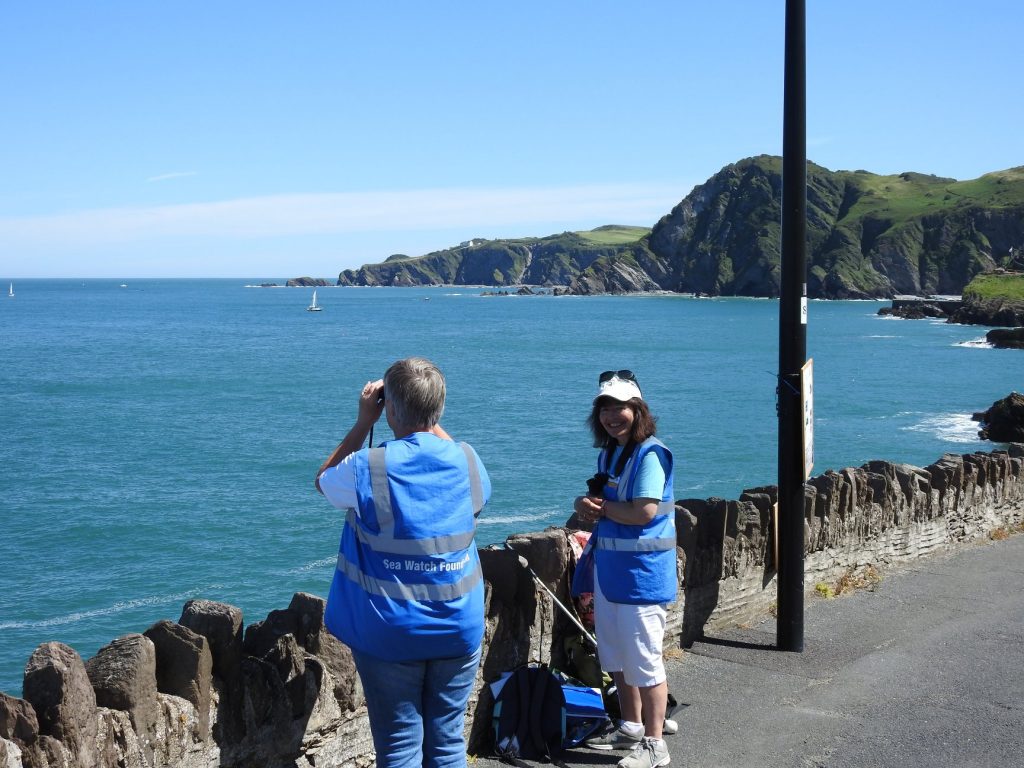
Here is a map of today’s sightings so far:

Hot Spots of Cetacean Activity
You might have noticed differences in the cetacean species sighted in each region. Thanks to long-term research and monitoring, including the NWDW, there are known hot spots for cetacean species around the UK. Hot spots occur where optimum conditions allow species to thrive by fulfilling their specific habitat requirements. In the summer we often see species occurring in larger groups, making the most of plentiful food sources.
So far there have been an exciting number of bottlenose dolphin sightings, particularly in the North East of England. Bottlenose dolphins have been considered uncommon in this area, but sightings have increased in frequency in recent years. Cornwall’s group of bottlenose dolphins, England’s only resident population (the two other UK residents being in the Moray Firth, Scotland, and in Cardigan Bay, Wales), also continue to be sighted along the Cornish and South Devon coastline. Bottlenose dolphins are considered to be opportunistic feeders, feeding on gadoids (e.g. cod and haddock), salmon, sprat, sand eels, pout, flatfish, and cephalopods.
Find out which species are most common in your region by checking out the information and fact sheets available under the education section of the website.
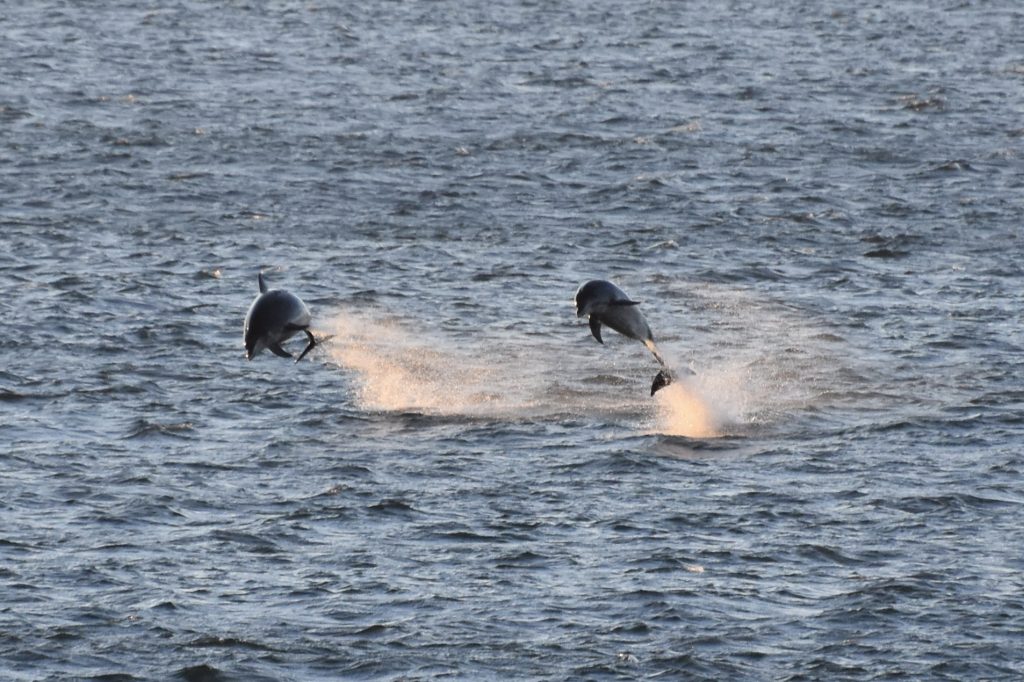
Local Pressures on Cetaceans
Local pressures also affect whether we are likely to see cetaceans in each region. These pressures could include disturbance from boat traffic and recreational activities, or pollution from nearby industrial activities. Pollutants can persist in the marine environment for long periods of time. Concentrations build up in the food chain and can affect reproduction and disease resistance in whale and dolphin species. If pressures are high, this could lead to localised extinctions of vulnerable cetacean populations. This is why monitoring changes in species populations is so important.
You can find more information on the pressures upon whales and dolphins by visiting the threats page.
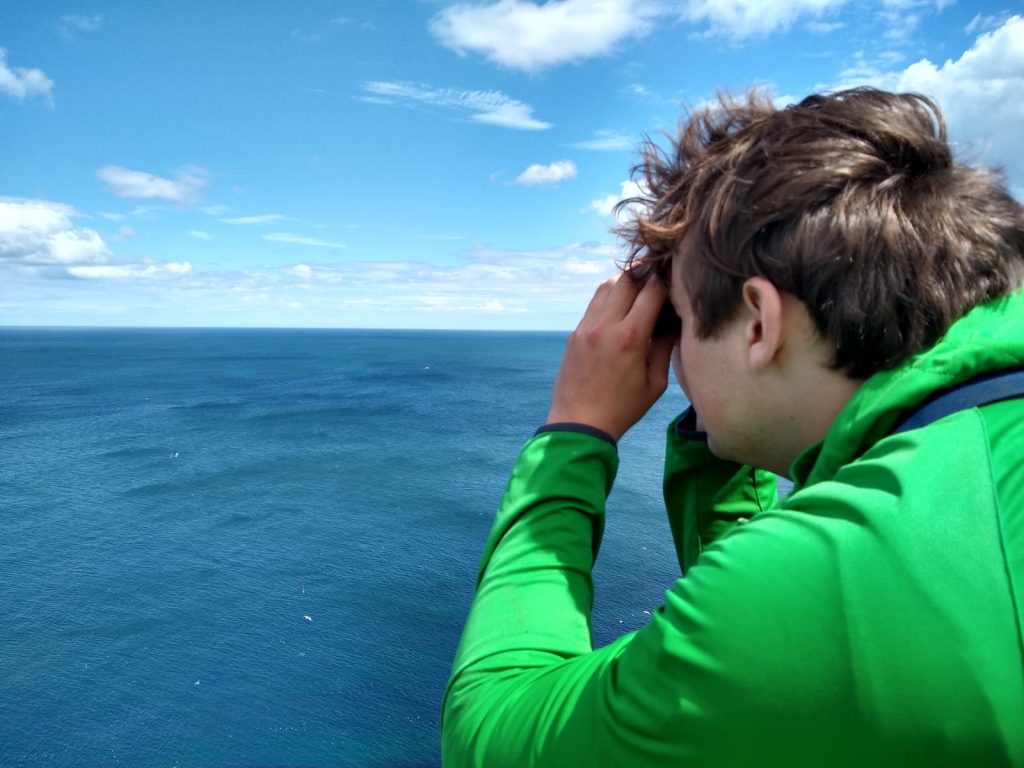
Visit this page to see the latest NWDW sightings: https://www.seawatchfoundation.org.uk/nwdw-2020-sightings-data/
Sponsors have also donated amazing prizes for people who participate in the NWDW watches. Submit your findings by midnight on the 15th August for a chance to win: https://www.seawatchfoundation.org.uk/national-whale-dolphin-watch-2020-competition/
There is still time to register your NWDW watches. Visit https://www.seawatchfoundation.org.uk/nwdw/ for details, or contact nwdw@seawatchfoundation.org.uk.
Good luck for tomorrow!
Jasmin
Sea Watch Research Intern
NWDW Feature Blogger

